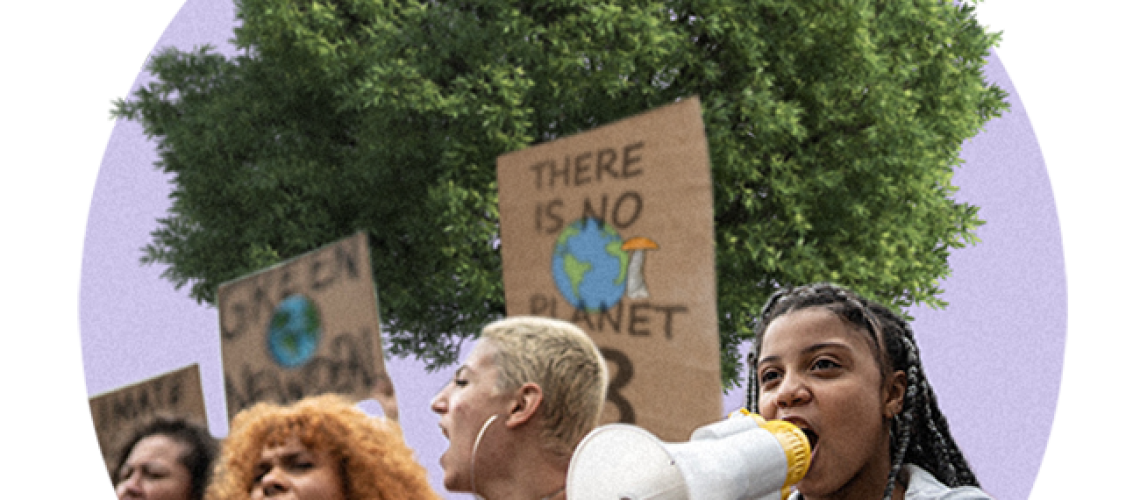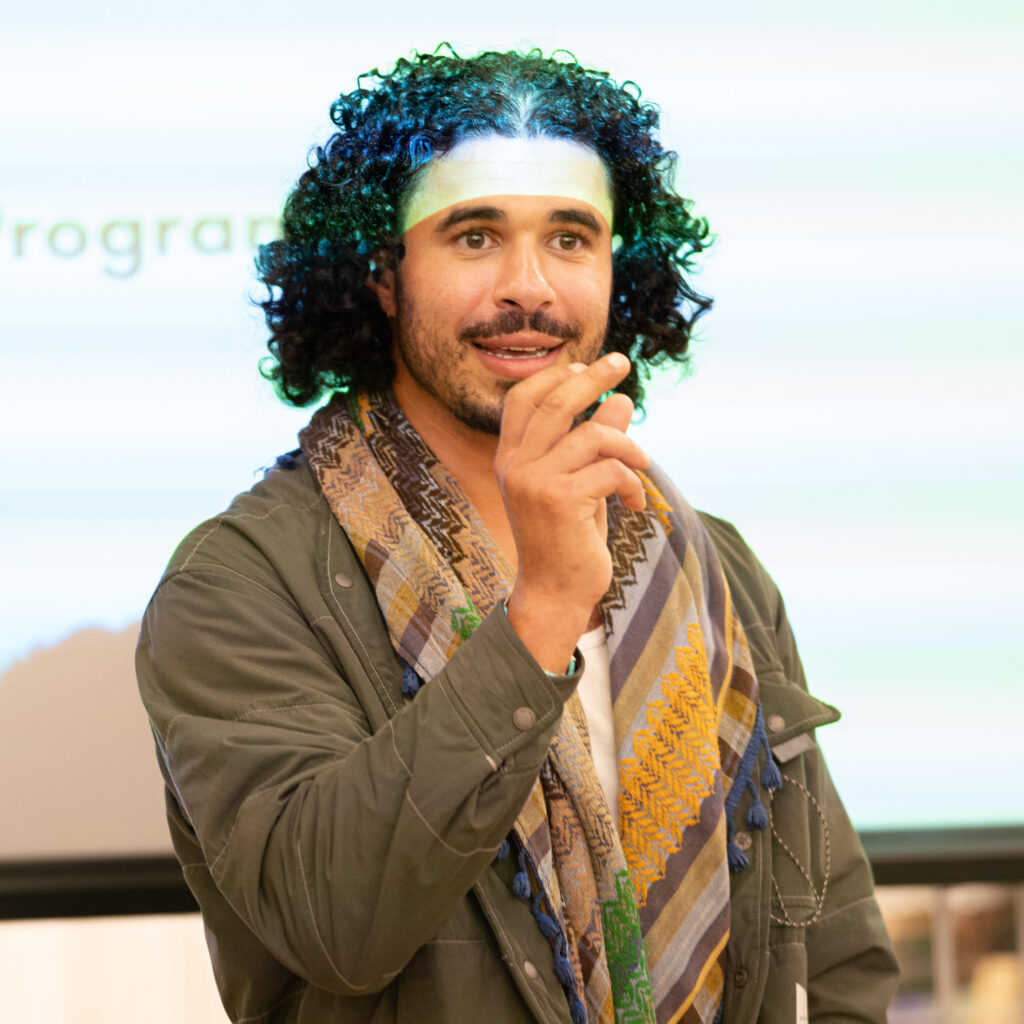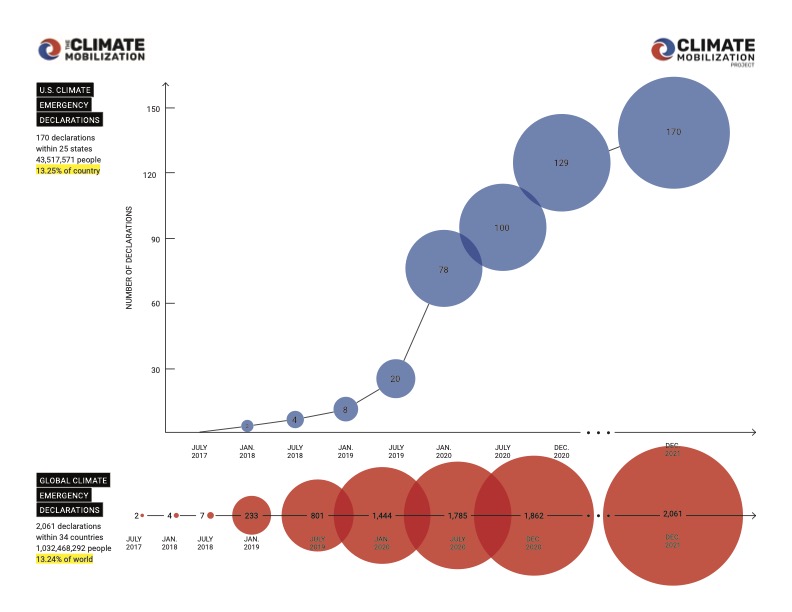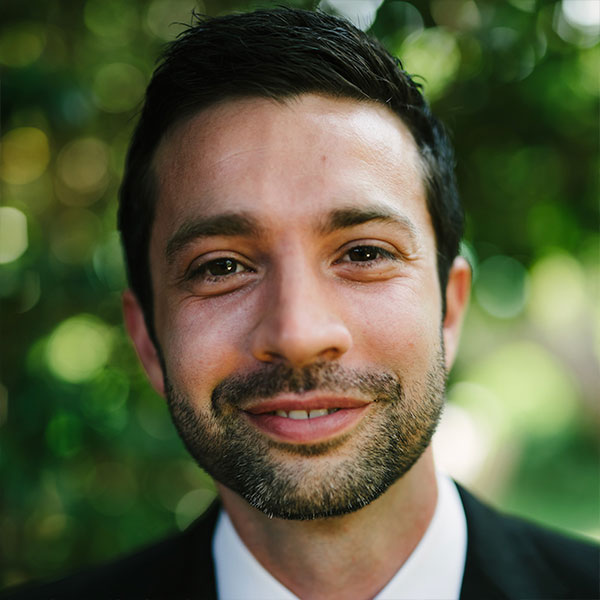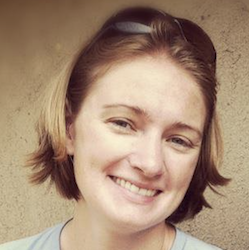2022 has been a momentous year for Climate Mobilization! With your support we have been hard at work:
Incubating victorious climate justice campaigns in California and Massachusetts that won fare-free transit, EV access for all and housing services;
Accelerating the work of Climate Mobilization Network member groups through coaching and learning opportunities;
Building the leadership of dozens of organizers who are new to climate and social justice organizing;
And digging into a comprehensive strategic planning process to launch into a new direction.
Founded in 2014, TCM is rooted in catalyzing an emergency speed transformation to an equitable, negative emissions, climate-stable world. In our first era, we impacted the way people think and talk about climate change by creating and promoting the Climate Emergency Declaration – legislation driven by committed community members, and passed by local, state or national governments – committing to emergency-scale action to transition off fossil fuels. Our programs trained 850+ individuals in organizing and advocacy and supported 100+ emergency declaration campaign wins, including the first statewide declaration in Hawaii.
In 2021, with an eye to the changing landscape of the climate movement, CMP strategically launched targeted local campaigns where our team’s experience, resources and focus on a just transition to clean energy could accelerate community organizing efforts. We focused on campaigns for ambitious, targeted policy reform in Acton, MA and Sonoma County, CA. Our campaign strategies were locally-rooted in coalition priorities, to advance a just transition to zero emissions – while also accelerating racial, economic, gender, housing and transportation justice.
To ensure that local victories were analyzed, disseminated and replicated in communities across the country, we launched the Climate Mobilization Network in 2021. The Network has grown to a community of 43 member groups committed to ensuring a just transition. They have benefited from access to our dynamic library of resources; expert strategy coaching; and convening to learn from one another on topics including strategic direct action, coalition-building with frontline communities, financing ambitious climate justice projects, and defunding police as a core tenet of local climate justice.
But as the climate movement has continued to evolve, so has CMP. While our local climate organizing campaigns have been extremely successful in building community power and shaping local climate policy, ultimately this year we had to take a step back from our work and reflect on the way local policy-oriented organizing is highly incremental and simply not enough when it comes to our accelerating climate catastrophe.
Our movement needs an approach that bridges community organizing and mass movement approaches – and pulls together learnings from both of these approaches.
When looking at the history of social movements in the US that were oriented to tackle environmental injustice, they have primarily been organized by Indigenous and Black communities. The history of environmental justice in the US is rooted in the resistance of Black, Indigenous, and POC (BIPOC) organizing against environmental inequities and degradation in communities of color, the history of the mainstream environmentalism movement greatly differs, and has not historically centered “justice” as a principle in their advocacy efforts.”
Climate Mobilization’s 2023 Pilot Programs: Political Education on Climate Survival, Healing Justice, Movement History and the Need for Escalated Direct Action
After processing our movement analysis, as well as the strengths, weaknesses, opportunities, and challenges of our current focus campaigns and Network – and realizing the need for more radical and inventive approaches to addressing the climate emergency – we decided to build for our pilot program to focus on building out a transformational, motivational and commitment-driven political education training program that builds understanding, alignment and action around the need for climate survival programs and escalated, coordinated, and creative direct action.
This includes:
- Direct action strategy and tactics from Indigenous struggles, from the Global South & from history, encouraging participants to develop their emergent ideas
- Why and how to start mutual aid based climate survival programs – pulling case studies for effective models of sustained community resilience
- Mass movement history & state of current climate / need for climate survival
- Healing Justice organizing practices addressing burnout, trauma, climate grief at the root cause; integrating organizing and healing justice approaches into one, making climate organizing a more joyous, community-oriented, accessible, and sustainable practice for all peoples to get involved in – with a focus on building out leadership of resilience of frontline communities
Why This: Political education is movement connective tissue and a key resource for organizers to become more resilient, effective and reflective. Climate organizing in the US is particularly disconnected from the important resources offered by movement history rooted in global context.
Why Now: This program addresses several emergent movement needs:
- Burnout is at an all-time high, a signal to reflect, rebuild resilience, shift organizing practices across the movement to center healing, and re-root our organizations in movement history.
- Climate groups’ interest in direct action remains high, while increasing numbers of groups working on other issues will be trying to add climate programs. We will provide a container for this work.
- We’ve also heard concerns that the direct action toolbox and strategy need to be expanded and strengthened.
This program will forge common ground among a burgeoning climate survival movement that brings together climate and non-climate groups. Alignment and political education around direct action, healing justice and mass movement history is an unmet need across sectors; the training will also provide an appealing, approachable framework for groups new to climate work to launch climate survival programs. The focus is on moving people to launch direct action and climate survival programs, change their organizing practices (to incorporate a climate survival focus and become more healing justice centered), and access improved resilience in the work they are already doing.
What do we mean by political education? We think of political education as radical education that creates a political shift in consciousness, often grounded in accessible, working-class oriented, and popular education approaches.
What do we mean by climate survival? In the words of the former chief of staff of the Black Panther Party, survival programs are meant to “meet people’s immediate needs while simultaneously raising their consciousness”. Our climate survival training will encourage groups to create structures for mutual resilience focused on collective survival, healing justice, and disaster preparedness.
We are so thrilled to be building out our political education curriculum, movement partnerships, and structure for our new programs in the next couple of months – as well as catalyzing rapid-speed changes in partner groups’ theories of change to orient successfully around climate survival programs and creative, new direct action strategies that can be effectively coordinated and escalated.
Next steps for CMP
We are so excited to share this major evolution of our strategy with others – especially because the accelerating climate collapse means we must be willing to pause, reflect, and let go of what is no longer working for our organizations and our movements. We need so many more groups and organizers growing quickly to meet the needs of an ever-increasing population of frontline climate, disaster-impacted communities.
-Mariyah Jahangiri
Network and Movement Building Director and Co-Leader

